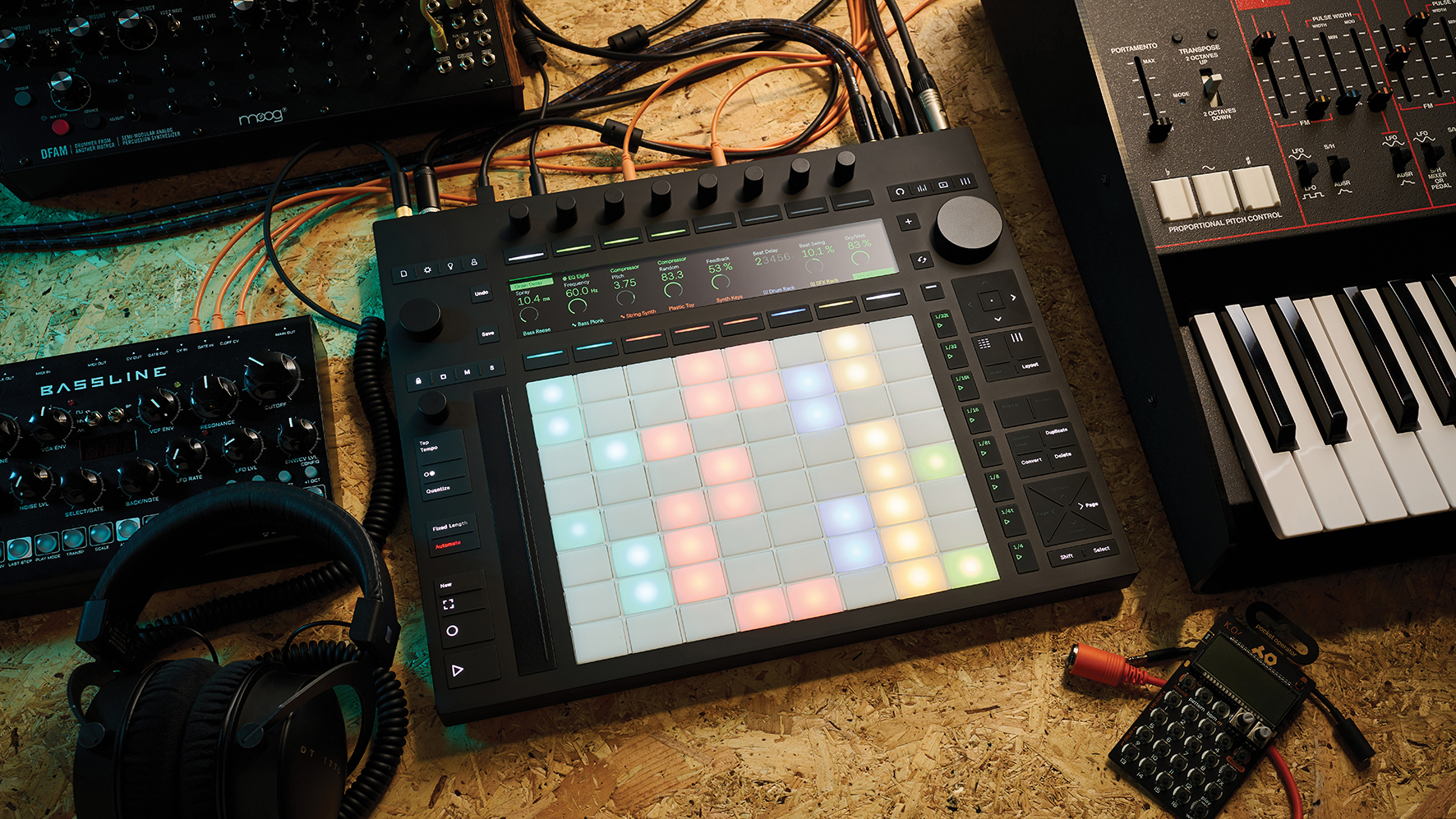
As the year draws to a close, that's our cue to sit back, put our thinking caps on and reflect on the gear that we loved to make music with this year.
This week, we've done just that, covering the best new synths, drum machines and grooveboxes, but nothing pushed our buttons more in 2023 than the diverse collection of new and innovative controllers and sequencers released by Ableton, Akai, Nektar and more.
1. Ableton Push 3 - Winner
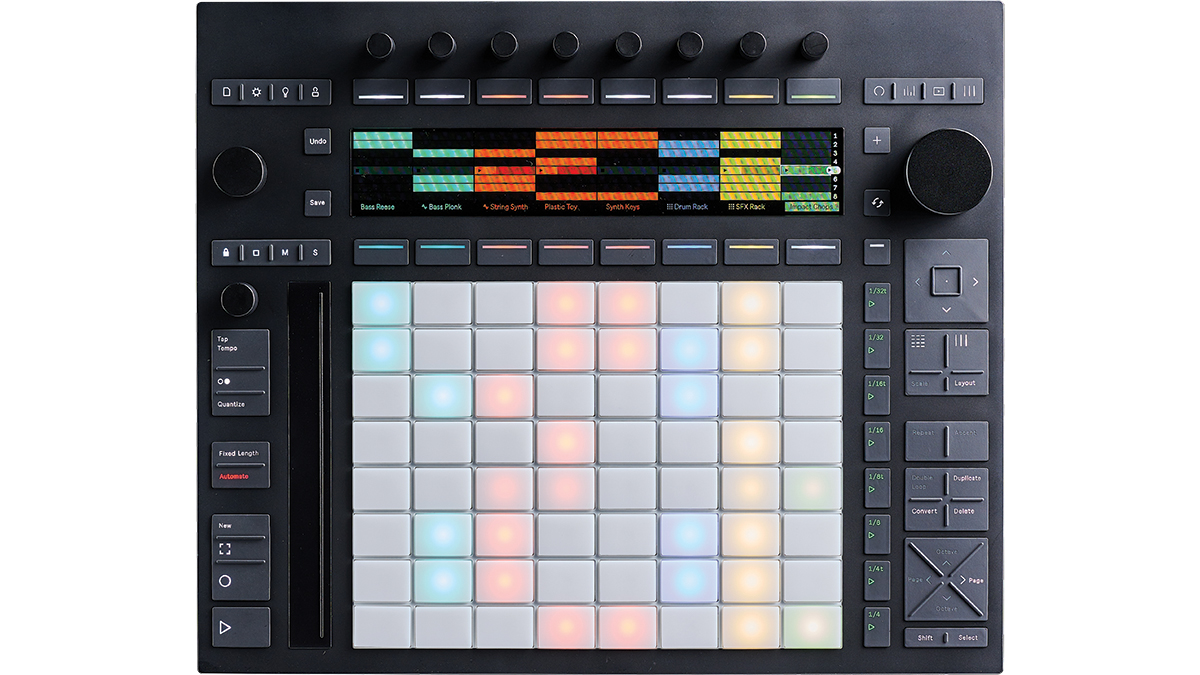
The most eye-catching thing about Ableton’s third generation Push is its ability to function entirely standalone. With an onboard CPU plus a built-in battery and audio/MIDI interface, the top-end configuration of Push 3 can encapsulate the core thrill of the Live experience, completely free from either wires or a laptop screen.
Using Push in standalone mode is a marvel, but it shouldn’t be overlooked how impressive Push is, even in its processor-less controller configuration. Ableton has long talked up Push as an instrument, which we’ve previously dismissed, but the expressive MPE pads, plus new Live synths Drift and Meld genuinely feel like playing a ‘proper’ instrument.
2. Akai Pro APC64
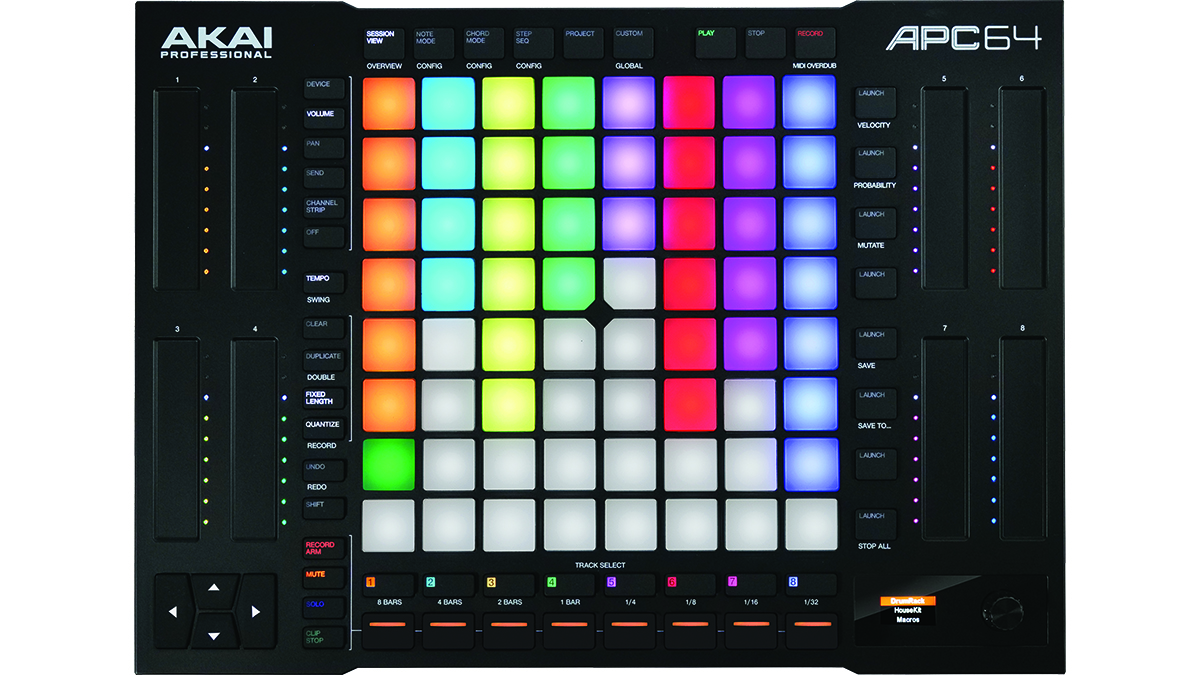
Releasing a third-party Live controller the same year as Ableton drops a new version of Push might seem a sure-fire recipe for your product getting overshadowed. It would be foolish to write Akai’s updated APC64 off as a second-tier also-ran though.
As impressive as Push 3 is, with prices starting at almost £900 for the tethered version, it’s a major investment. At less than half that price, this latest APC is a perfect alternative. Its emphasis on multi-use touch faders, plus the ability to sequence hardware without connection to a computer, give it a distinct personality.
3. Akai MPC One+
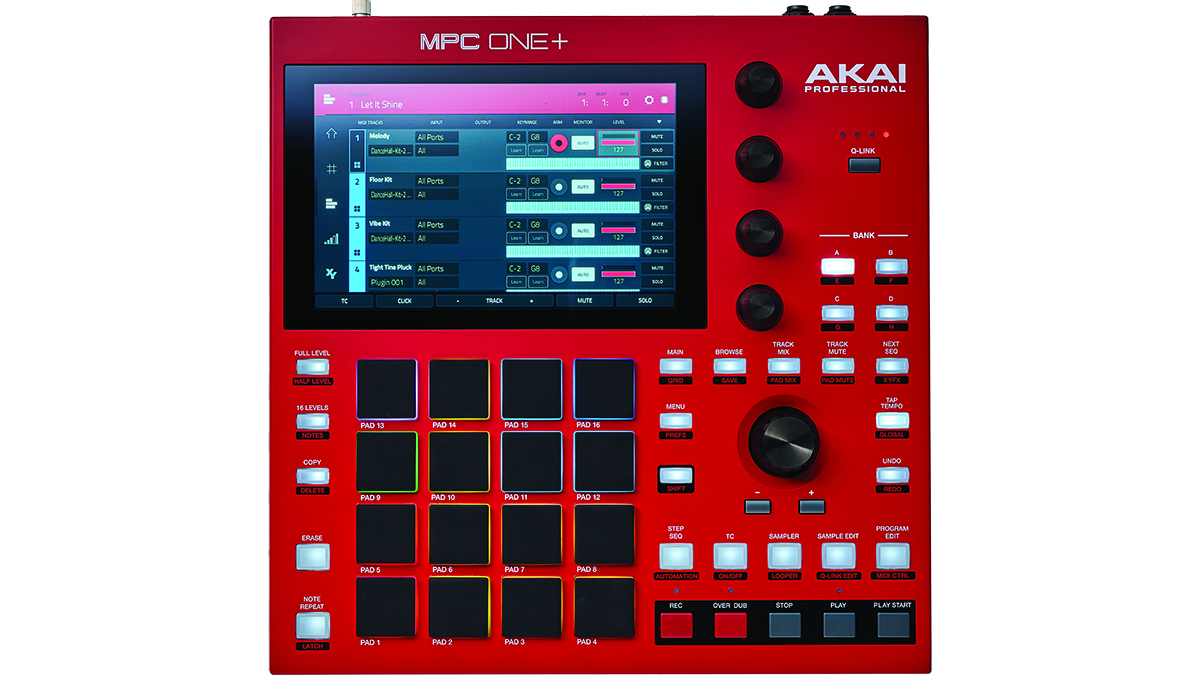
It’s unlikely that the standalone, CPU-equipped version of Push would exist had Akai not first proved how successful such a concept could be with its MPC range. With well-made hardware housing an incredibly capable software system, the MPCs of 2023 are some of the best ever.
The latest, the MPC One+, is a relatively minor update, adding wireless connectivity and additional storage to the cheapest of the standalone models, but it’s still an impressive refinement.
4. Nektar Aruba
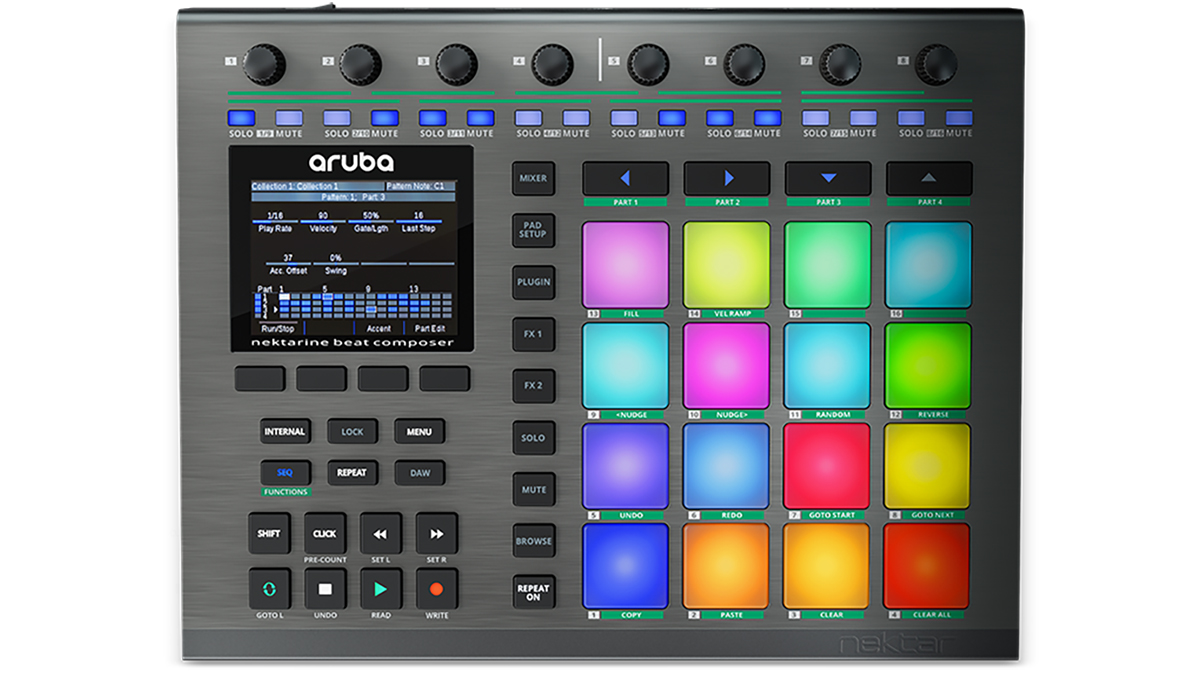
Compared to those standalone devices, Nektar’s Aruba could be seen as anachronistic. Originally launched as Aura a few years ago, but updated this year, Aruba is obviously heavily influenced by Maschine, and uses a similar combination of a bespoke software app with tight hardware integration.
While other brands may have moved on from this model, Aruba makes a solid case for the format. The Nektarine software is a highly capable environment, and the ability to assign individual plugins to each of Aruba’s pads is a joy.
5. Roli Seaboard Rise 2
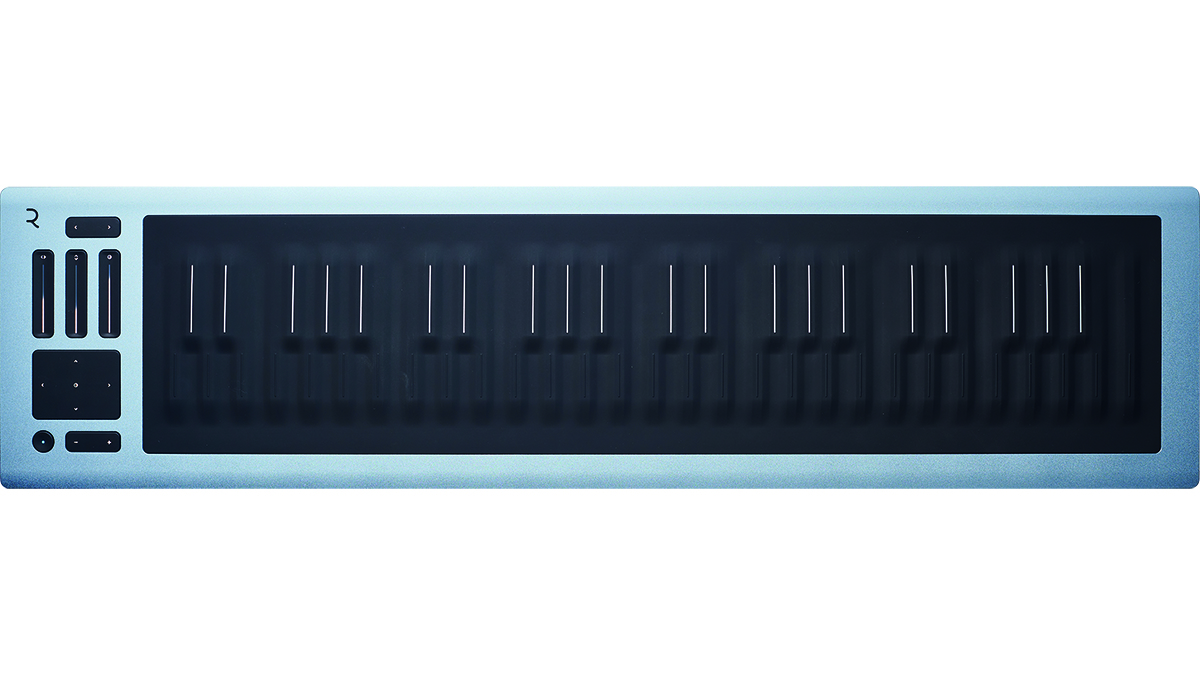
MPE innovator Roli has had a turbulent few years, with the company going into administration in 2021 before re-emerging (in remarkably similar form), in the years since. 2023 has seen Roli launch updated versions of some of its staple products, including the Seaboard Rise 2. While hardly a reinvention, the Rise 2 benefits from a classier design, better build quality and increased integration options.
While the feel of the Seaboard divides opinion among traditionally minded players, there’s no denying the expressive potential, and Roli’s underrated softsynth engine Equator does an excellent job of showing how the tech can be put to use for both ‘real’ and synthetic sounds. The mid-range Rise models continue to be the best example of the tech too.
6. Arturia Keylab Essential Mk3
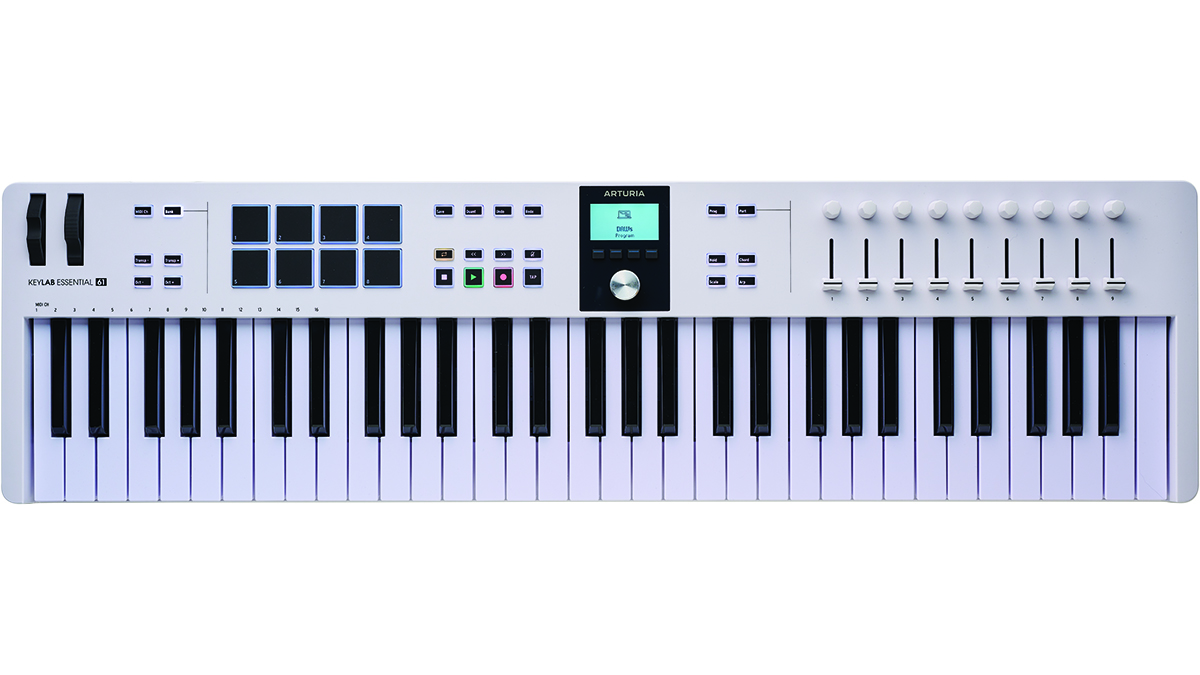
Having spent over a decade developing its various -lab and -step devices, Arturia has pretty much every level of the controller market covered. Whether multi-faceted CV-equipped devices or the entry-level mini keyboards, there’s an impressively consistent level of quality across the French brand’s range though.
2023’s focus has been on the affordable Keylab Essential range. While the Essential range lacks some of the extras that get us truly excited, its accessible design is nothing to scoff at. One of the most accessible and instantly playable controller systems on the market.







